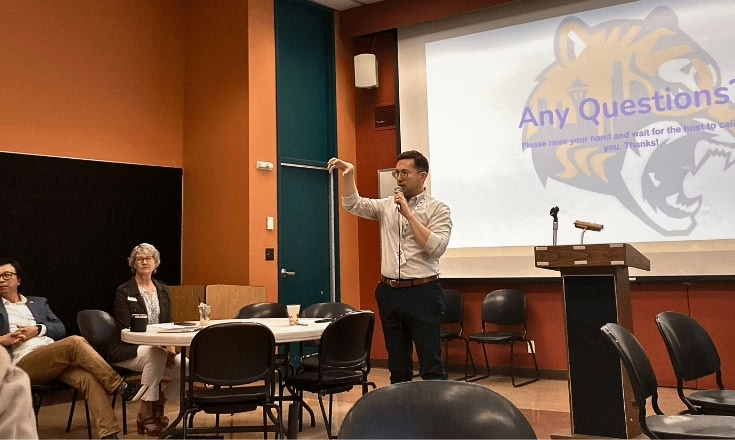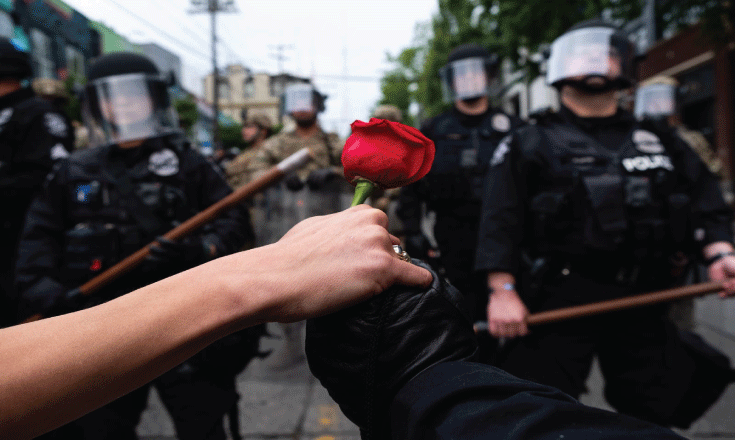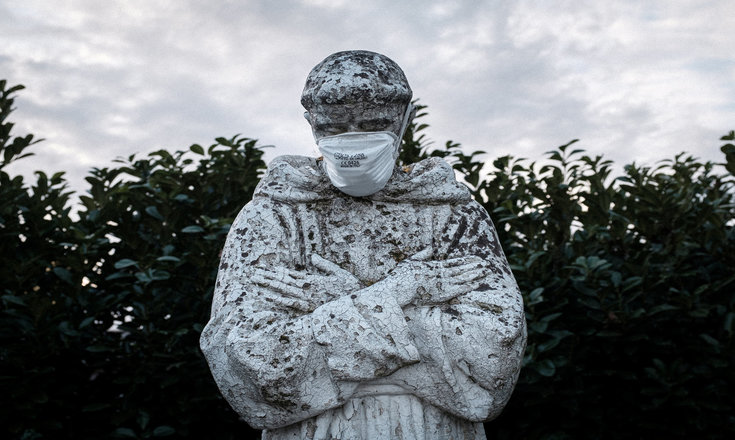Halloween: culture over cash
Halloween. One of the most awaited days of the year not only for children but people of all ages. The costumes, candy, endless festivities, and the thrill of being scared never cease to entice us.
Over the years, many people have started to learn about and understand some of the origins of Halloween: its origination in Celtic pagan tradition, how it found its way to the United States through immigration, and the influences of the mixing of the variety of cultures in the United States. It is also well known that the mix of paganism and Christianity has morphed into the Halloween we know and love today.
Not only do we have other cultures to thank for our carving of jack-o’-lanterns and the dispersing of copious amounts of treats, but there is also the reality that many other cultures seem to have similar festivities during this same time of year.
While many modern celebrations across the globe are now catered towards financial gain and consumerism, these holidays, like Halloween’s ancestor, Samhain, often originally celebrated the less materialistic aspects of life.
It can be easy to dismiss all of these separate celebrations across the globe as mere offspring of our own Halloween and its cultural origins. However, the truth is that past civilizations had been celebrating this time of harvest long before it could have solely spread from Ireland, Scotland, or our modern American spin on these festivities.
In China, the Hungry Ghost Festival, which annually occurs during the seventh month of the Chinese Lunar Calendar, has origins dating possibly as far back as 25 A.D.
In Poland and the West Slavic region, ancient pagan civilizations celebrated Dziady, a holiday commemorating the dead from late October into early November. In a similar fashion, the ancient Egyptians also held festivities honoring the dead in late August and early September.
Across the world, an abundance of cultures and communities had and continue to have festivities pertaining to Halloween-esque ideas and traditions that came almost entirely from their own beliefs, customs, and religions.
While not every culture’s unique “Halloween” celebration aligns with the harvest season, the most intriguing aspect is that they all carry similar themes: honoring the dead, warding off evil, and appreciating the darker sides of humanity.
There is an evident, innate quality within human societies to reach out to the mysterious and macabre in solidarity. Numerous ancient civilizations and cultures came to the conclusion that this season, when the trees start to wither and the sky holds onto darkness longer than before, is a time to celebrate such factors in life.
These ideals and festivities reflect the connection that humans have to the Earth and its ever-constant shifting between seasons. They reveal the importance of allowing oneself to indulge in catharsis for a night and embrace the enigmatic parts of ourselves that we all harbor within.
It also shows how crucial it is for an individual to connect to oneself and one’s ancestors. Many societies tend to avoid the realities of death and darkness, but these are inevitable parts of life that we need time to truly process and accept.
Our ancestors clearly grasped this concept, yet our modern world has pushed the origins of this harvest season onto the back burner to make way for material gain instead.
The roots and origins of Halloween and its cousin festivities look quite different from the holidays we celebrate today. While the efforts to enhance spookiness are still very much alive, there are more sinister objectives at play.
The celebrations that used to focus on community, the Earth, family ties, and one’s soul have morphed into a month of financial opportunity for large corporations and businesses. According to the National Retail Federation, Americans are anticipated to spend over $10 billion on Halloween this year.
Not only are candy companies and costume manufacturers mass-producing their products, but those who labor to create the products are being exploited for it. While children in America get to trick-or-treat for free goods on Halloween, companies like Hershey are sourcing their chocolate through child labor.
Unfortunately, Halloween has become a haven for capitalism.
Looking to our past and the societies that came before us can help bring our awareness back to the sense of community and camaraderie that festivities like Halloween are supposed to hold.
Realizing that cultures had set aside days, weeks, or even months to celebrate these ideals of the Halloween spirit can bring into focus the aspects of life we should take a deeper look at this season.
This is not to say you cannot indulge in the excitement and joy that modern Halloween brings — trust me, I will still be binge-watching horror movies and eating Halloween Oreos — but it does leave room to explore your own roots.
For example, one of the reasons I wanted to explore this topic was because I was researching a part of my own heritage, which happens to be Polish. I was extremely interested in the Slavic pagan traditions and holidays that mirrored that of the Celtic Wheel of the Year and our own modern holidays.
This Halloween is the perfect opportunity to perhaps dive into your own ancestry: Discover what past traditions and rituals your ancestors used to take part in during this time of year and possibly incorporate a bit of that into your Halloween night magic.
It is necessary to recognize the vast effect that Western culture, specifically contemporary Halloween, has on the rest of the world. Many past celebrations have been altered or discouraged to make room for the more widely-accepted and Christian-influenced Halloween of today.
Acknowledging the origins of holidays such as this and the variations held across the globe allow history, truth, and cultural customs to live on.
While we cannot immediately reverse the ways we celebrate Halloween today, the act of embracing our ancestral roots is a prime opportunity to combat the greed infesting our modern celebrations and to save space for our cultural identity.
Halloween is a time for fun, pleasure, and frights, assuredly, but it can also be a day of connection and remembrance to those that came before us.

Mo is an alumni of Seattle Central and is currently attending the University of Washington with aspirations to pursue a career in journalism and communications while also delving into anthropology. She aims to explore the world and reveal the stories it wishes to tell through her writing and photography/videography. When she’s not captivated by her journalistic pursuits, she loves to go on adventures, create, watch films, and surf.







